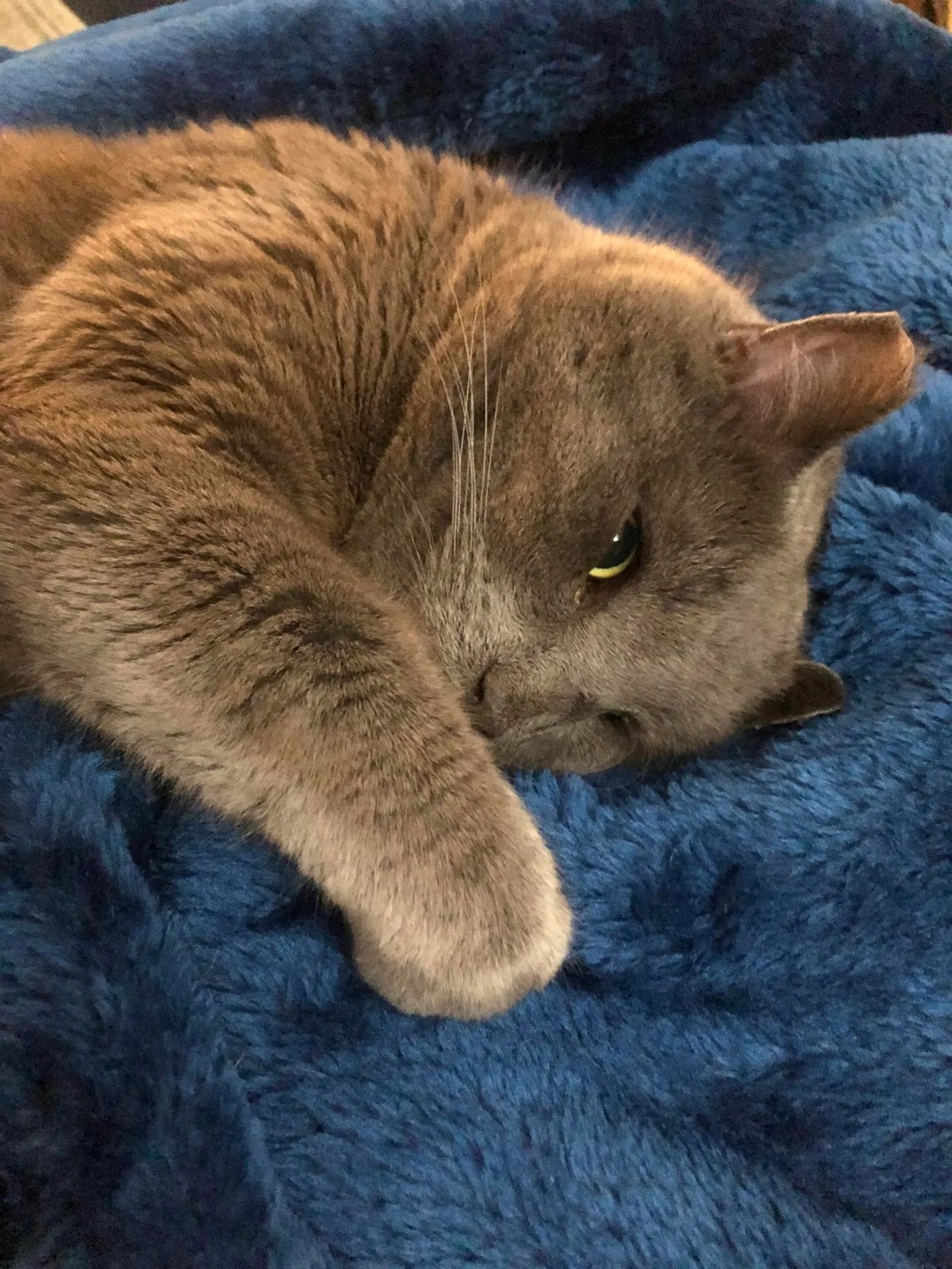Let’s talk about it together on Sunday, June 25, 2:00 – 3:30 pm PT
Dear Loyal Readers,
Thank you for being here! I have three things for you this week, so let’s get right to it.
1️⃣ Article Club
This month we’ve been focusing on “How Much Would You Pay to Save Your Cat’s Life?” by Sarah Zhang. Originally published in The Atlantic last December, it’s a piece I highly urge that you read. Here’s why:
It explores the rising trend of cat kidney transplants (expensive! controversial!)
Ms. Zhang asks a provocative question and examines it from all sides
Even though the article is about pets, it’s really about human relationships
Where’s the line between being a caring pet owner and doing too much? If you consider your pet a part of the family — or if you judge people who consider their pet part of the family — you’ll love this article.
I hope you’ll sign up to discuss the piece on Sunday, June 25, 2:00 - 3:30 pm PT on Zoom. Article Clubbers are kind and thoughtful and welcoming. Our conversations are always in small, intimate, facilitated groups. Reach out if you have questions or if you want to participate in the conversation but are secretly shy or nervous.
2️⃣ My interview with Sarah Zhang
One of the best parts of Article Club (in addition to our monthly discussions) is the generosity of journalists and how they share their insights on the outstanding articles they write. Ms. Zhang (who has two cats herself!) was kind and thoughtful, and it was a delight to chat with her. We talked about a number of topics, including:
why this topic — how much we are willing to spend on our pets — is fraught with judgment (what’s too much? too little?)
how cat kidney transplants raise major ethical questions (namely: the kidney comes from another cat, who can’t consent)
how pets serve an “in-between” role in our lives — how they’re not exactly our children, but they’re not exactly our property (and how that’s confusing)
I hope you take a listen! (You can click here or subscribe to The Highlighter Article Club on your favorite podcast player.)
Delia, who belongs to loyal reader Allison, enjoys sitting in boxes and looking adorable. Want your pet to appear here? hltr.co/pets
3️⃣ Issue #400 is coming! What do you think about all this?
We’re coming up on eight years and 400 issues of this newsletter, which is a mild marvel, and to celebrate the occasion, I’d love to hear from you. What has been your experience of reading The Highlighter Article Club or participating in the discussions? Do you have any kind words, or words or wisdom, or requests for the next eight years? Feel free to leave a comment or reply privately. Thank you!
Thank you for reading this week’s issue. Hope you liked it. 😀
To our new subscriber Susan – I hope you find the newsletter a solid addition to your email inbox. To our long-time subscribers (July! Julio! Julia!), you’re pretty great, too. Loyal reader Brett, thank you for sharing the newsletter and getting the word out.
If you like The Highlighter Article Club, please help it grow. I really appreciate your support. Here are two ways you can help out:
📬 Invite your friends to subscribe. Know someone who’s kind, thoughtful, and loves to read? I’d love it if you encouraged them to subscribe. Word of mouth is by far the best way to strengthen our reading community. Thank you for spreading the word.
Share The Highlighter Article Club
❤️ Become a paid subscriber, like Susan, Courtney, and Sara (thank you!). You’ll join an esteemed group of readers who value the mission of The Highlighter Article Club. Plus you’ll receive surprise perks and prizes. It’s $5 a month or $36 a year.
On the other hand, if you no longer want to receive this newsletter, please feel free to unsubscribe. See you next Thursday at 9:10 am PT.


















